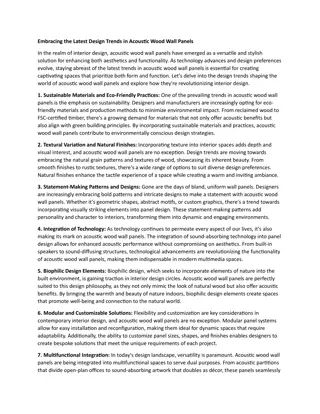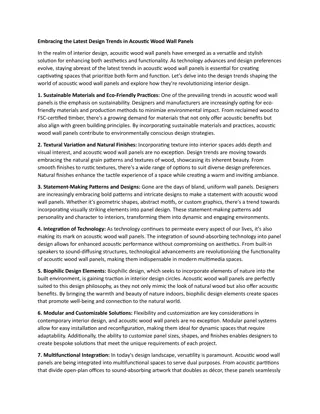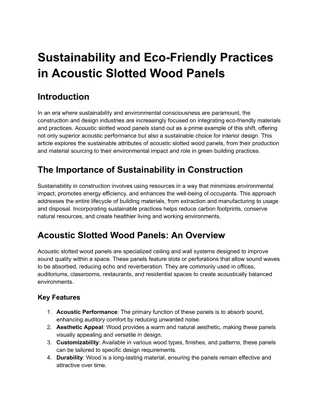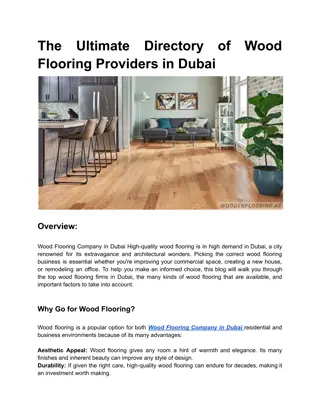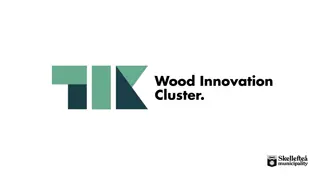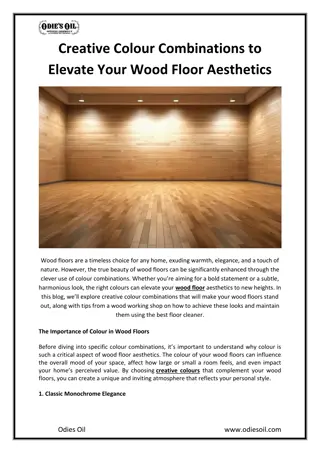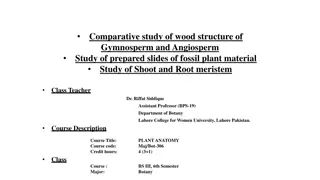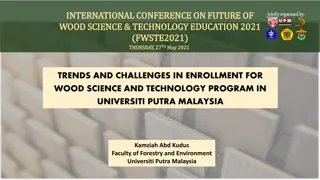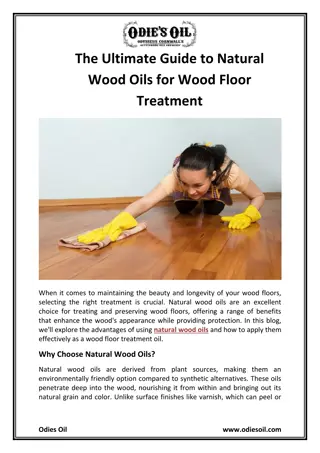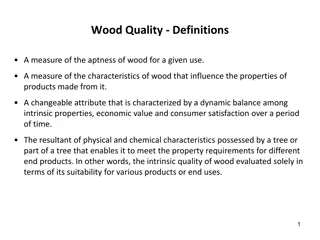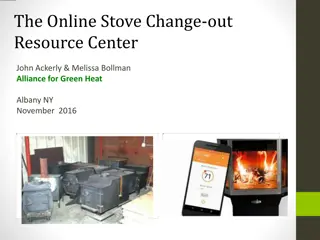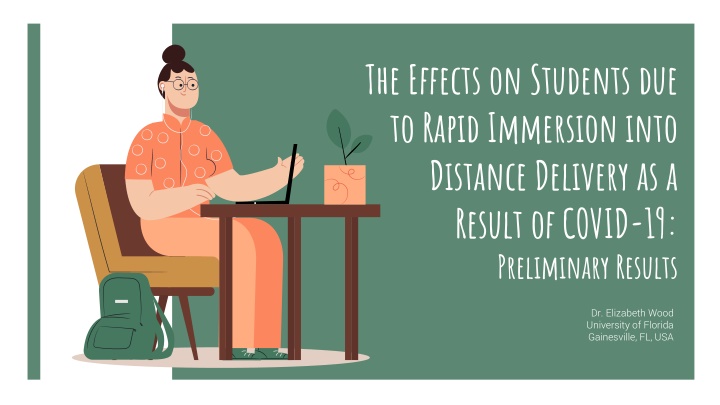
Effects of Rapid Immersion into Distance Learning due to COVID-19
This study by Dr. Elizabeth Wood at the University of Florida examines the impact of the sudden shift to remote learning on students' academic performance, stress levels, and mental health during the COVID-19 pandemic. The research aims to inform educators about effective online teaching strategies amidst crisis planning for the future.
Download Presentation

Please find below an Image/Link to download the presentation.
The content on the website is provided AS IS for your information and personal use only. It may not be sold, licensed, or shared on other websites without obtaining consent from the author. If you encounter any issues during the download, it is possible that the publisher has removed the file from their server.
You are allowed to download the files provided on this website for personal or commercial use, subject to the condition that they are used lawfully. All files are the property of their respective owners.
The content on the website is provided AS IS for your information and personal use only. It may not be sold, licensed, or shared on other websites without obtaining consent from the author.
E N D
Presentation Transcript
The Effects on Students due to Rapid Immersion into Distance Delivery as a Result of COVID-19: Preliminary Results Dr. Elizabeth Wood University of Florida Gainesville, FL, USA
The Transition 02. 01. SARS-CoV-2, or COVID- 19, would become a pandemic by March 11 2020 In December of 2019 a novel coronavirus began to spread across China 03. 1st laboratory confirmed case of COVID-19 on January 20 2020 in the US 04. March 15th the University of Florida (UF) transitioned to a fully online format
Purpose of this study Explain any relationships between the responsive move to remote learning and academic performance and stress, anxiety, and depression. Inform instructors and administrators within the College of Public Health & Health Professions, as well as the broader UF community, about strategies within online learning that are most effective at addressing the current needs of the students and cultivating student engagement as academia switches from crisis response to crisis planning for the future Springboard from which specific future academic instruction, research, response, or interventions will be developed Most importantly, we wanted to make real-time changes to ensure success for our students.
About the study Using a phenomenological approach, this study employed a longitudinal panel design to address each of the following research questions: 1. What are the effects upon the perception of undergraduate students with total immersion into remote learning due to COVID-19? 2. Does the prior level of flexible pedagogical design (e.g. courses already blended vs more traditional face-to-face lecture courses) predict academic performance when rapid crisis response is required? a. Which types of interactions provide better bridges across the transactional distance and build a better sense of meeting student needs? 3. How does adopting completely remote learning in a college course, as a result of the stay-at-home orders, interact with anxiety, stress, and depression?
Waves 01. May 2020 02. 03. 04. June/July 2020 September/October 2020 January 2020 Launched survey looking at academic readiness and DASS-21; Interviews Retrospective of Spring transition Second wave of survey; Interviews continued Measuring summer experience Third wave of survey; Interviews continued Measuring fall experience Closed the surveys in the fall Finish interviews in January
Purpose of each Wave Wave 1 Wave 2 Specifically looking for effects from rapid transition to online learning (students told to go home) Measuring the efficacy of online learning during the summer semester (students told to remain home) Wave 3 Wave 4 Measuring efficacy of fall online courses (students return to campus) Measuring qualitatively the switch to face-to-face and hyflex (most students will return)
Quantitative data We have only just recently closed the survey for the Fall wave. Analysis is now beginning.
Preliminary Qualitative Findings Prefer blended learning Time Self Motivation Management Missing out on opportunities Transition home Flexible Relationships Stressful UF Response COVID must be serious Not likely to get it Missed opportunities due to COVID Worried about getting into graduate school Students don t take it seriously Know people with COVID COVID fatigue Stressful Zoom fatigue
Participant G participant A I think it's probably negatively affected probably negatively affected [academic performance] in terms of grades, like my grades are okay, but like, how much how invested in how connected to the coursework I feel. I think right now that I value and prioritize my work far more than I prioritize school, and it might just be a senior thing. You know, I'm working like 25 hours a week instead of just 10 hours a week instead of just 10, like I was before. But yeah, I think, I think it's made me feel a little more disconnected from education from education. Like, I just, it's just something I do in the background, but something I do in the background, but my real life is like in front of me my real life is like in front of me. I think home life, there's a lot of positives and negatives for me, because, you know, moving to Gainesville, was very freeing, there were a lot of opportunities .Not have to, you know, deal with other people's emotions or things. So, you know, coming back here, it was a very big role change. And, you know, I know that that tends to happen when I can't when I come home, because, you know, it's like, I feel my dad has depression, and he requires a lot of has depression, and he requires a lot of care care. And things can get kind of bad here. So having to work around that and work that into my schedule. Like, it's not something I pencil in, but having to, like, you know, work around that, especially work around that, especially during class time, was very difficult during class time, was very difficult. very freeing, and 25 I feel my dad disconnected it's just
THANKS! Elizabeth Wood liz07@phhp.ufl.edu

